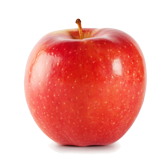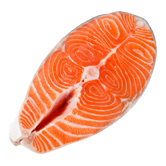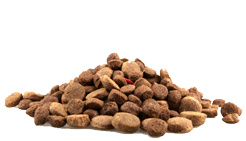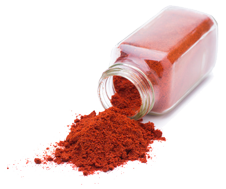U.S. food import requirements have changed dramatically with enactment of a new law, the Food Safety Modernization Act. Importers must now verify that suppliers are manufacturing food or growing produce in a manner that provides the level of food safety standards as U.S. regulations through the use of onsite audits, sampling and testing of product and other means. Importers that fail to properly verify the food safety practices of the foreign suppliers are subject to criminal penalties imposed by the U.S. federal government. Learn more. Sound like an huge new burden on your company and supply chain partners? It is. You could spend countless hours working to meet these new regulatory requirements, or you could just call us. U.S. Food Imports will assume your responsibilities for conducting supplier verification under the Food Safety Modernization Act and other applicable laws. In addition we will work with your suppliers to assist them in meeting the new U.S. standards for imports.
FSMA Food Safety Foreign Supplier Verification
We Verify
-
Hazard Analysis and Risk-Based Preventive Controls Rule for Human Food Compliance
-
Hazard Analysis and Risk-Based Preventive Controls Rule for Animal Food Compliance
-
Produce Safety Rule Compliance
-
Compliance with Laws on Adulteration of Food and Food Contact Surfaces
-
Allergen Labeling Compliance
Hazard Analysis and Risk-Based Preventive Controls for Human Food
The new regulation requires U.S. and foreign food facilities registered with FDA under the Bioterrorism Act to write and implement a HACCP-like food safety plan which includes:
- A hazard analysis
- Preventive controls
- Monitoring
- Corrective actions
- Verification activities
- Recordkeeping

Produce Safety
The new regulation requires U.S. and foreign farms to comply with standards for safe growing, harvesting, packing and holding of produce including:
- Worker training and health and hygiene
- Agricultural water
- Biological soil amendments
- Domesticated and wild animals
- Equipment, tools and buildings
- Sprouts

Allergen Labeling
The U.S. has specific requirements for the labeling of allergens in foods. All major food allergens must be identified to consumers in a manner prescribed by FDA. Major food allergens include: milk, egg, fish Crustacean shellfish, tree nuts, wheat, peanuts and soybeans.

Hazard Analysis and Risk-Based Preventive Controls for Animal Food
The new rule applies to the manufacturing, processing, packing and holding of animal food. It establishes Current Good Manufacturing Practices for animal food for the first time and creates new preventive controls provisions similar to those established for human food.

Law on Adulteration of Food
Food which contains unapproved additives, poisonous or deleterious substances, is prepared, packed or held under insanitary conditions, bears unsafe pesticide residues, contains any filthy, putrid or decomposed substance, is in food contact packaging containing unapproved substances, has had valuable constituents removed or has been transported under insanitary conditions, among many other things, is adulterated under federal law.

